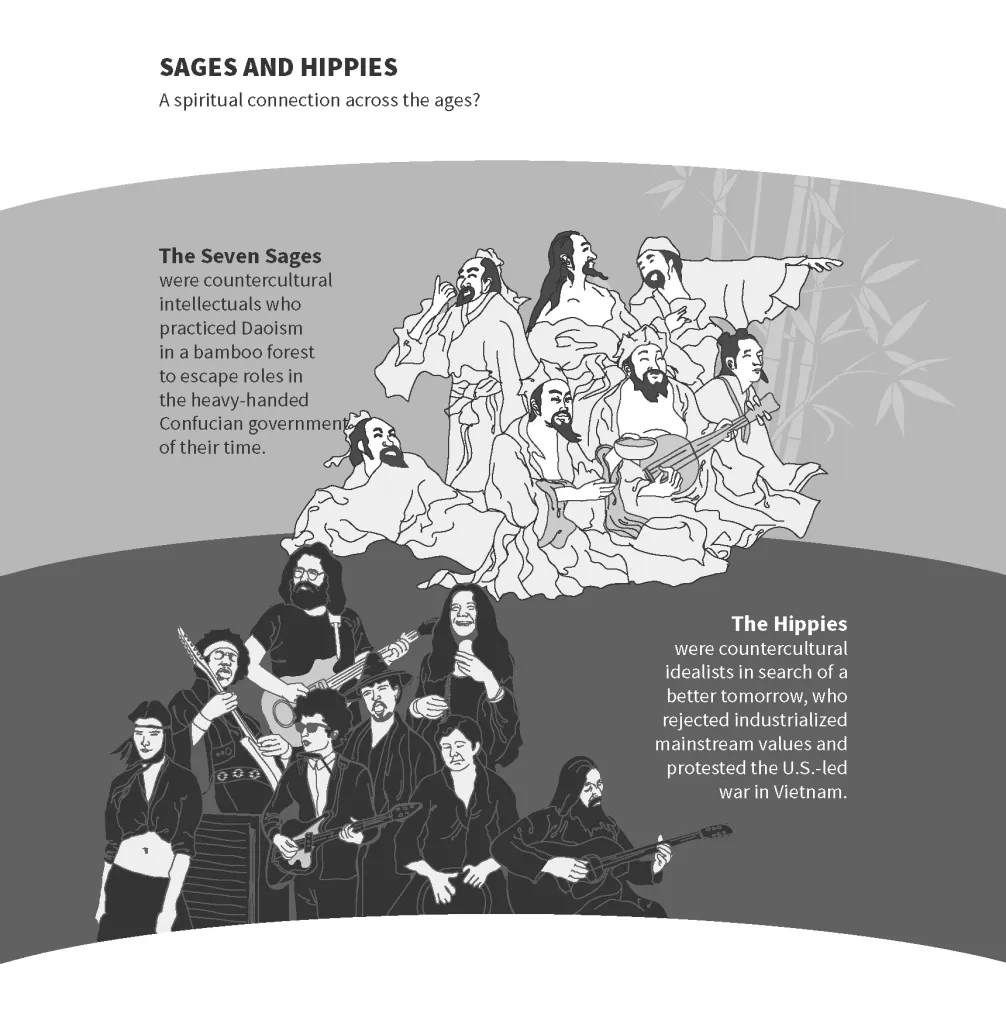The common expressions
我饿了 (Wǒ è le)
The most straightforward way to say “I’m hungry.” It’s casual and commonly used in everyday conversation.
e.g.
我饿了,我们现在去吃饭吧?(Wǒ è le, wǒmen xiànzài qù chīfàn ba?) I’m hungry, shall we go eat now?
我饿了,你们饿不饿?(Wǒ è le, nǐmen è bù è?) I’m hungry, are you guys hungry?
The uses in sentences
Subject + Degree adverb + 饿
To stress the degree of hunger, it’s often to add the degree adverb before the adjective 饿, such as 很,非常,好,特别,有点儿 and etc.
e.g.
我好饿啊,我们什么时候吃?(Wǒ hǎo è ā, wǒmen shénme shíhòu chī?) I’m really hungry, when are we eating?
我觉得有点饿,我们可以订外卖吗?(Wǒ juédé yǒudiǎn è, wǒmen kěyǐ dìng wàimài ma?) I feel a bit hungry, can we order takeout?
A:你饿吗?(Nǐ è ma?) Are you hungry?
B:特别饿!(Tèbié è!) Very hungry!
Subject + 饿 + Degree complement
It’s also common to add the degree complement after 饿 to emphasize the hunger degree, such as 极了,慌,死了,惨了 and so forth.
e.g
我饿得慌,快点找地方吃饭吧。(Wǒ è de huāng, kuài diǎn zhǎo dìfang chīfàn ba.) I’m so hungry, let’s quickly find a place to eat.
我快饿死了,赶紧做饭吧!(Wǒ kuài è sǐ le, gǎnjǐn zuòfàn ba!) I’m starving, let’s hurry up and cook!
我一口气吃了三碗饭,真的饿惨了。(Wǒ yìkǒuqì chī le sān wǎn fàn, zhēn de è cǎn le.) I ate three bowls of rice in one go, I was really famished.
The extended phrases to express “I’m hungry” in Chinese
我肚子饿了 (Wǒ dùzi è le)
Literally means “My stomach is hungry.” It’s a slightly more specific way to express hunger.
e.g.
我肚子饿了,有什么好吃的吗?(Wǒ dùzi è le, yǒu shénme hǎochī de ma?) I’m hungry, is there anything good to eat?
肚子咕咕叫 (Dùzi gūgū jiào)
An onomatopoeic expression that mimics the sound of a growling stomach, indicating hunger.
e.g.
我的肚子咕咕叫了,我们赶紧找东西吃吧。(Wǒ de dùzi gūgū jiào le, wǒmen gǎnjǐn zhǎo dōngxī chī ba.) My stomach is growling, let’s quickly find something to eat.
我肚子饿得咕咕叫,什么时候才吃饭啊?(Wǒ dùzi è de gūgū jiào, shénme shíhòu cái chīfàn a?) My stomach is growling with hunger, when are we going to eat?
饿得前胸贴后背 (è de qiánxiōng tiē hòubèi)
Literally, it translates to “so hungry that one’s chest sticks to one’s back.” This expression exaggerates the feeling of emptiness in the stomach to the point where it feels like the front and back of the body could stick together due to the lack of food.
e.g.
我现在饿得前胸贴后背,快点找地方吃饭吧。(Wǒ xiànzài è de qiánxiōng tiē hòubèi, kuài diǎn zhǎo dìfang chīfàn ba.) I’m so hungry that my chest is sticking to my back, let’s quickly find a place to eat.
The post Various ways to say “I’m hungry” in Chinese appeared first on .



